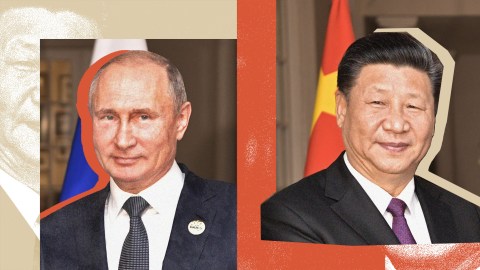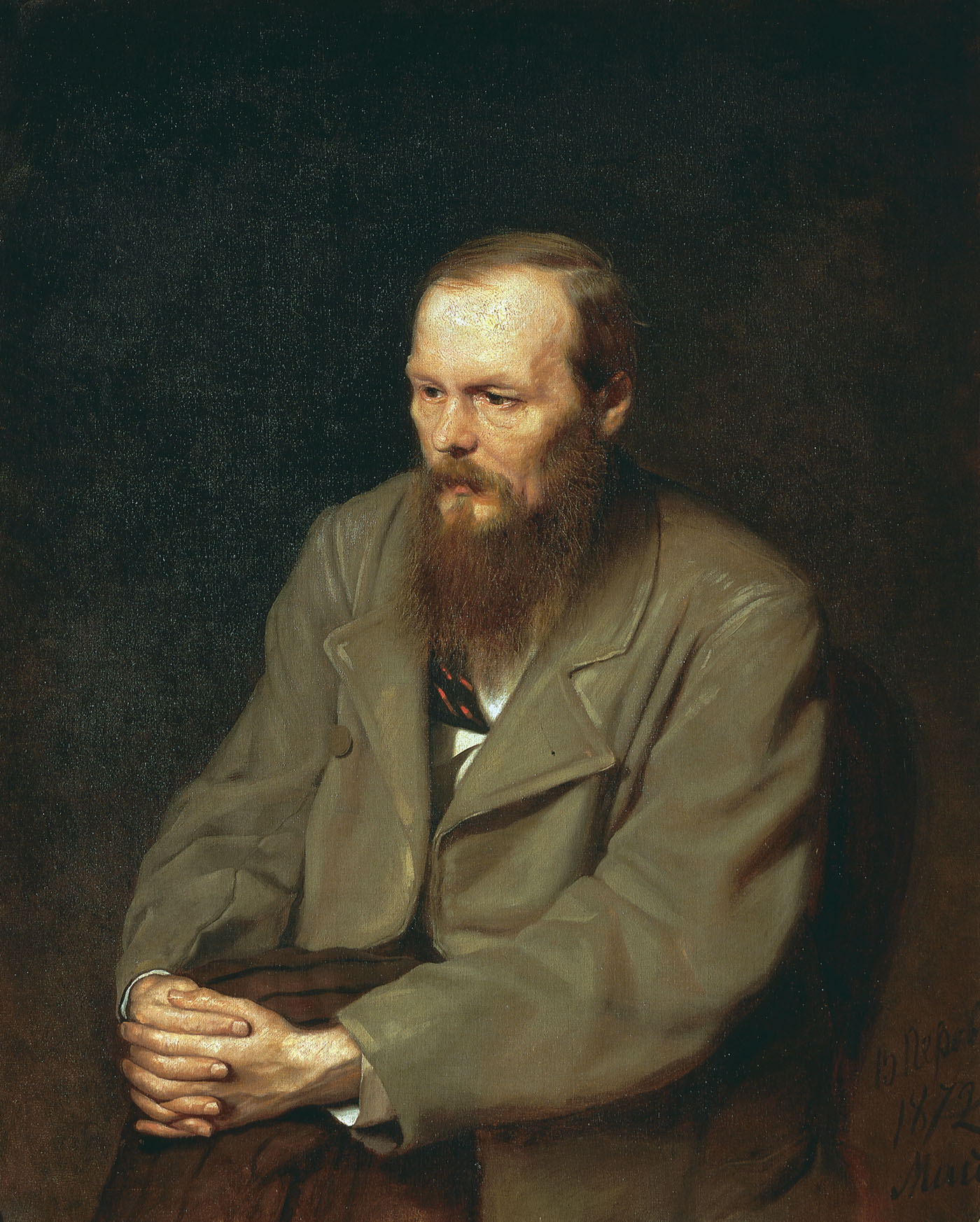
Autocrats like Xi Jinping and Vladimir Putin fear democracy, yet go to great lengths to present themselves as democratic leaders.
KEY TAKEAWAYS
- In Putin’s Russia, autocracy is not necessarily seen as incompatible with democracy.
- In Xi’s China, Western democratic values are labeled as bourgeois and an obstacle to the justice of communist rule.
- However, by arguing against human rights “in the Western sense,” these dictators try to hide their indifference of truly universal human rights.
By Tim Brinkhof
Shortly after Xi Jinping was reelected as China’s head of state in 2022 — by a vote of 2,950 to zero — the Chinese foreign minister Qin Gang criticized U.S. President Joe Biden for contextualizing the event as part of a battle between Western democracies and non-Western autocracies. Gang proclaimed that China, alongside Vladimir Putin’s Russia, was “committed to promoting a multipolar world and greater democracy in international relations.”
Neither politician can be taken at their word, though. Gang’s career is predicated on his loyalty to Xi, for which he was rewarded a promotion to state councilor. Meanwhile, Biden hopes to imbue his reelection campaign against Donald Trump with a sense of existential dread. Motivated by the politics of their respective countries, neither is telling the full story.
Although modern democratic traditions are closely associated with Europe, originating in ancient Athens and maturing during the Enlightenment, it is wrong to assume that representative government is an inherently Western concept, existentially incompatible with non-Western societies. Such beliefs are readily disproven by the successes of modern-day democracies such as Japan and South Korea — not to mention archeological evidence of democratically structures societies in India, Mexico, and other parts of the world far removed from Grecian shores.
At the same time, it’s worth considering why Xi and Putin, two autocratic leaders who oppress their people to remain in power, jump through such logical and linguistic hoops to present themselves as representative leaders of democratic nations. This seemingly contradictory strategy not only serves to neutralize their internal opposition by giving citizens the illusion of political agency, but also to empower their own positions. Ultimately, Xi and Putin define democracy not as a government elected by the people, but as a government acting on behalf of the people to protect their (supposed) interests.
Democracy in Russia
Putin’s attitudes toward “Western-style” democracy are rooted in Russian history as the country has long identified as distinct from the West. When democratic revolutions toppled Europe’s monarchies, the czars maintained that similar developments could never unfold on Russian soil. Their belief was based partly on self-preservation, but also age-old traditions in Russian philosophy and literature. Russia’s leading thinkers had spent centuries debating whether Russia was European, Asian, or something else entirely. During this age of great uncertainty, the more conservative among them came to see the czar — and, by extension, the absolute power this individual wielded — as the foundation of national identity and representative democracy as its existential enemy.
This way of thinking, repressed under the Soviet Union, has resurfaced with Putin. According to Kathryn Stoner, a senior research fellow at the Freeman Spogli Institute for International Studies and director of the Center on Democracy, Development, and the Rule of Law, it could even explain his political successes. As she states in an article written for the Journal of Democracy:
“Historians tell us that we should not be surprised that Russia has reverted to a repressive autocracy, and that it is not the result of poor governance but the poor soil in which the seeds of democracy had been sown. Given Russia’s inexperience with liberalism, plus its late industrialization and seven decades of communism, we should ask not why its transition toward more liberalized politics failed but why we ever expected it to succeed in the first place. Statistically, […] most autocracies transition to different forms of autocracy rather than to representative, accountable government.”
Putin’s vision for Russia and the Russian state changed as his relationship with the West deteriorated. Inheriting a vulnerable but promising representative government from Boris Yeltsin, Putin spent his first presidential term rebuilding relationships with other countries. It wasn’t until Russia’s economic growth slowed, and his approval ratings plummeted, that these newfound relations deteriorated. Like the endangered czars before him, the former KGB officer designated his democratically elected opponents as enemies, associating the country’s ever-elusive identity with his own person.
From his 2012 reelection onwards, writes Stoner, Putin “presented Russian national identity as distinctively illiberal, socially conservative, and non-‘Anglo Saxon,’ in conscious contrast to the United States and the United Kingdom.” His distrust of Western culture went beyond identity politics: “Liberal ideals and demands for free and fair elections were not indigenous to the Russian nation but rather evil imports from ‘the West.’”

But while Putin might openly define Russia as illiberal, you won’t hear him refer to himself an autocrat. This is because elections — which are still being held despite most countries doubting their integrity — serve as a means of feigning popular support for his rule. Democratically elected or not, Putin claims to act in the interest of the Russian people. Those who disagree, he argues, have been brainwashed by foreign influence…
more…



